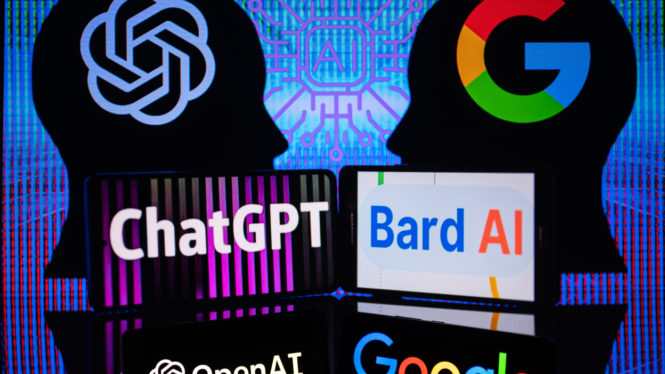
Big Tech is scrambling to release products that can compete with OpenAI’s ChatGPT, the sensational AI chatbot that is also the fastest-growing app ever. Google’s entry, Bard, is set to be released “in the coming weeks” according to a Google blog post, but it’s already nailing its impersonation of ChatGPT by generating inaccurate information.
Google’s blog entry about Bard contains an animated graphic designed to demo the Bard user experience, and, long story short, the AI in it wrongly claims the James Webb Space Telescope took the first ever picture of an exoplanet. Google also tweeted the animation with this statement in it.
In September of last year, Webb took its first picture of an exoplanet, but that wasn’t the first ever picture of any exoplanet — a milestone that occurred in 2004.
It’s not clear what happened, but one eyebrow-raising aspect of Bard’s claim about James Webb is how recent it is. Information in a language model is not pulled from lists of facts and recited, but spat out by very sophisticated systems for completing sentences. Sentences about the very recent past could plausibly be more error-riddled than usual for an AI because the information in them simply hasn’t been written as many times. This is likely one of the reasons ChatGPT’s model won’t tell you much past the year 2021.
This snafu speaks to the lingering problem of all generative AI products disregarding truth value, which in turn is potentially a good reason for consumers to continue using old fashioned search engines. Microsoft is in the process of integrating a ChatGPT-like answer engine into its search engine, Bing, but as Microsoft notes, “Bing will sometimes misrepresent the information it finds, and you may see responses that sound convincing but are incomplete, inaccurate, or inappropriate.”
Thanks, but for now I think I’ll just use Google. Er, the old Google.
https://mashable.com/article/google-bard-james-webb-telescope-false-fact




